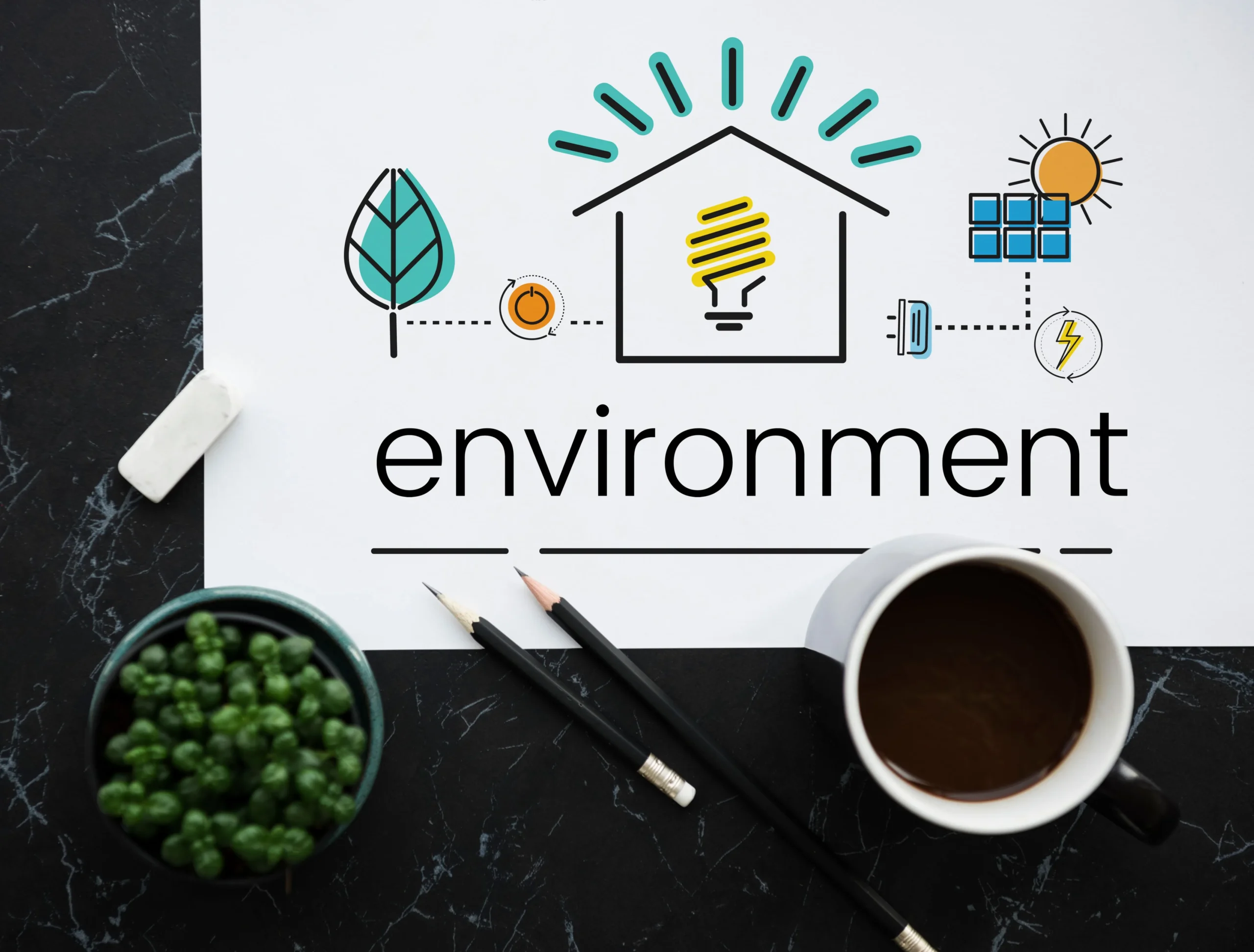Living sustainably is no longer a choice; it’s a necessity. With the current state of our planet, embracing sustainable practices is crucial for our survival and the well-being of future generations. But why is sustainability so important, and how can we achieve it in our daily lives? Let’s delve into the significance of sustainability and explore ways we can live in harmony with nature.
Understanding Sustainability
Sustainability refers to meeting our own needs without compromising the ability of future generations to meet theirs. It encompasses a balance between environmental health, economic vitality, and social equity.
The Three Pillars of Sustainability
- Environmental Sustainability: Protecting natural resources and ecosystems.
- Economic Sustainability: Promoting economic growth without depleting natural resources.
- Social Sustainability: Ensuring equitable access to resources and opportunities for all individuals.
The Current State of Our Planet
Environmental Degradation
Our planet is facing unprecedented levels of pollution, deforestation, and habitat destruction. These activities have led to severe environmental degradation, threatening the health of our ecosystems.
Climate Change
Climate change is one of the most pressing issues of our time. Rising global temperatures, melting ice caps, and extreme weather events are just a few of the consequences of our unsustainable practices.
Loss of Biodiversity
Human activities have led to the extinction of countless species and the endangerment of many more. Biodiversity loss disrupts ecosystems and diminishes the resilience of natural environments.
Benefits of Living Sustainably
Environmental Benefits
Living sustainably helps reduce pollution, conserve natural resources, and protect ecosystems. This leads to a healthier planet for all living beings.
Economic Benefits
Sustainable practices can lead to cost savings and economic growth. Energy efficiency, waste reduction, and sustainable resource management are just a few ways to achieve economic benefits.
Social Benefits
Sustainability promotes social equity by ensuring that all individuals have access to the resources they need to thrive. It also fosters a sense of community and shared responsibility.
Ways to Live Sustainably
Reduce, Reuse, and recycle
One of the simplest ways to live sustainably is to follow the three R’s: reduce waste, reuse items, and recycle materials. This helps minimize our environmental footprint.
Sustainable Energy Sources
Switching to renewable energy sources such as solar, wind, and hydro power can significantly reduce our reliance on fossil fuels and decrease greenhouse gas emissions.
Water Conservation
Implementing water-saving practices, such as fixing leaks and using water-efficient fixtures, can help conserve this precious resource.
Sustainable Transportation
Choosing public transportation, biking, walking, or driving fuel-efficient vehicles can reduce our carbon footprint and promote a healthier environment.
Sustainable Practices at Home
Eco-Friendly Household Products

Using eco-friendly cleaning products, toiletries, and other household items reduces the release of harmful chemicals into the environment.
Energy-Efficient Appliances
Investing in energy-efficient appliances and lighting can reduce energy consumption and lower utility bills.
Gardening and Composting
Growing your own vegetables and composting organic waste can reduce your reliance on industrial agriculture and decrease waste sent to landfills.
Sustainable Practices in Business
Green Business Practices
Businesses can adopt green practices such as reducing waste, conserving energy, and using sustainable materials to minimize their environmental impact.
Corporate Social Responsibility
Companies can engage in corporate social responsibility by supporting community projects, reducing their carbon footprint, and promoting sustainable development.
Sustainable Supply Chains
Creating sustainable supply chains involves sourcing materials responsibly, reducing waste, and ensuring fair labor practices.
Community Efforts for Sustainability
Local Sustainability Initiatives
Communities can come together to support local sustainability initiatives such as clean-up drives, tree planting, and recycling programs.
Community Gardens
Community gardens provide space for residents to grow their own food, fostering a sense of community and promoting sustainable agriculture.
Eco-Friendly Urban Planning
Sustainable urban planning involves designing cities to minimize environmental impact, promote green spaces, and reduce energy consumption.
The Role of Government and Policy
Environmental Regulations
Governments play a crucial role in enforcing environmental regulations that protect natural resources and limit pollution.
Incentives for Sustainable Practices
Providing incentives such as tax breaks and grants can encourage individuals and businesses to adopt sustainable practices.
Global Agreements and Policies
International agreements, such as the Paris Agreement, aim to address global environmental issues and promote sustainable development.
Education and Awareness
importance of Environmental Education
Raising awareness about environmental issues and sustainability is essential for fostering a culture of conservation and responsibility.
Programs and Initiatives for Awareness
Educational programs and public awareness campaigns can inspire individuals and communities to take action for the environment.
Challenges to Sustainability
Economic Challenges
Implementing sustainable practices can be costly, and economic constraints may hinder progress.
Political Challenges
Political instability and lack of support for environmental policies can impede efforts to achieve sustainability.
Social and Cultural Challenges
Changing long-standing habits and cultural practices can be difficult, but it is necessary for achieving sustainable living.
Innovations in Sustainability
Technological Innovations
Advancements in technology, such as renewable energy solutions and energy-efficient devices, are paving the way for a sustainable future.
Sustainable Agriculture
Innovative agricultural practices, such as organic farming and permaculture, promote sustainability and food security.
Waste Management Innovations
New methods of waste management, such as recycling technologies and waste-to-energy solutions, help reduce landfill use and resource depletion.
Case Studies of Sustainable Living
Success Stories from Around the World
Examining successful sustainability initiatives from various countries can provide valuable insights and inspiration for our own efforts.
Lessons Learned from Sustainable Communities
Communities that have embraced sustainable living offer lessons on how to implement effective practices and overcome challenges.
Future of Sustainable Living
Predictions and Trends
The future of sustainability lies in continued innovation, global cooperation, and the widespread adoption of eco-friendly practices.
The Role of Technology in Future Sustainability
Technology will play a key role in developing new solutions for sustainability and addressing environmental challenges.
Conclusion
Living sustainably is essential for preserving our planet and ensuring a better future for all. By adopting sustainable practices, we can protect the environment, promote economic growth, and enhance social well-being. It’s time to take action and live in harmony with nature.
FAQs
Q: What is the most important aspect of sustainable living?
The most important aspect of sustainable living is reducing our environmental impact by conserving resources, minimizing waste, and protecting natural ecosystems.
Q: How can individuals make a difference in sustainability?
Individuals can make a difference by adopting eco-friendly practices, supporting sustainable products and companies, and raising awareness about environmental issues.
Q: What are some easy ways to start living sustainably?
Simple steps include reducing energy consumption, recycling, using reusable products, conserving water, and supporting local and organic food sources.
Q: How does sustainability benefit the economy?
Sustainability can lead to cost savings, job creation, and economic growth by promoting efficient resource use, reducing waste, and supporting green industries.
Q: What role do governments play in promoting sustainability?
Governments promote sustainability through environmental regulations, incentives for sustainable practices, and international agreements aimed at addressing global environmental challenges.




